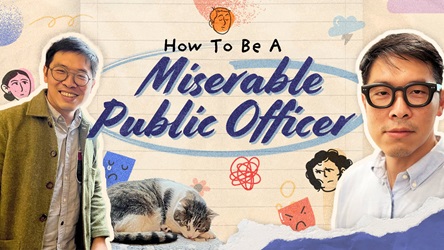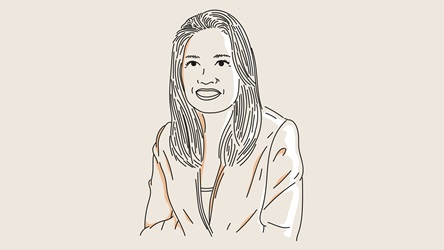Don't Lose The Opportunity To Mentor

Commission Member, Public Service Commission (1982 — 1996)
Founding Director, National Institute of Education (1991 — 1994)
Dean, Faculty of Science, National University of Singapore (1973 — 1977, 1979 — 1980)
DEAR YOUNG OFFICER,
As a senior, I have been asked about the generation gap. To me, it is not so much a generation gap as it is a “thinking gap”. Things change, and each generation goes through different times and differing experiences. I believe that if older people can remember what it was like to be young once, and put ourselves in their shoes, we can all perhaps bridge this “thinking gap”.
I remember a student protest in the ‘70s, when I was Dean of Science at the National University of Singapore. As the protest went on, several deans and I were getting restless — we were practically marooned in the upper floor meeting room we were in. A few of the deans considered confronting the students, but I suggested that we just be patient.
All of us have been young once and know how young people tend to be fired up about the things they are passionate about. I felt there was no point confronting agitated students, because they might not be thinking clearly and their feelings would eventually cool down.
Later we could tell them, “Yes, we hear you, but we also have other considerations.” Unlike us, young students may not yet have the experience of having to balance different needs: what they want versus how it impacts other people, for example.
An older person would have more experience, and with some empathy and the ability to tap into the feelings of youth, we should not lose the opportunity to mentor and give the right kind of advice. Whether that advice is heeded or not by the younger person, sometimes you have to leave it and not push too much.
If you have something to say, just put it out there in bare facts. Any sensible young person will take good advice; even if they may not immediately act on it, the advice is in their minds. They might give it some thought later and realise that something makes sense.
Act with kindness
Any decision you make will always have an impact: some will be good, and some will fall on others who will feel bad about it. Whatever decision you take, when you act with integrity and some kindness, which can be noticeable by the other person, it lessens any hurt that they might feel and makes them more receptive to what you have to say.

In my career, if I had to correct someone, I would point it out using gentler words. Also always provide an opportunity to discuss, so that the other person can see your point of view, and not be disciplined so harshly that they feel like they never have a chance to recover or do better.
I tried to do that with all my students, many of whom became my friends, even those from my days of teacher training at Victoria School. The Secondary 2 boys could be very rough. I would tell them, “I have to discipline you, but if you don’t feel happy about it, come and see me later. I can talk to you about why I took certain actions.”
To this day, they respect that, and they still visit me to tell me they enjoyed that time. Some of my students over the years at NUS graduated and also became my colleagues.
For the younger ones among you, I encourage you to find a good older friend you can trust. If you are feeling frustrated or questioning why certain things are done, bring up your reasons for it and talk things out. In time, you will get to know who can be good mentors to you: they will show in their words and actions their integrity, self-discipline and care for your career. The standard of work they produce will also speak for them.
Soon it will be your turn to mentor. I hope that you can go far in your civil service career, but remember to please imbue any actions you take with kindness.
- POSTED ON
May 11, 2016
- TEXT BY
Dr Gloria Lim









